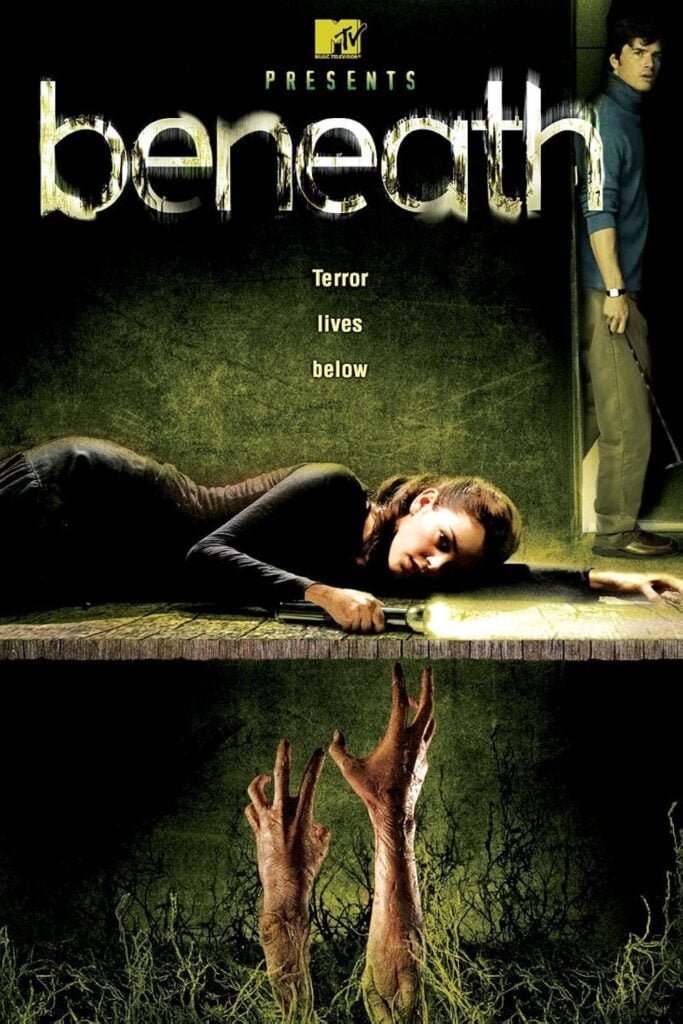
Brutality beneath the manners
Though I enjoy reading thrillers, Agatha Christie has never been my favorite author. What I prefer are books that deal with real people doing real things that involve other people. And Miss Christie deals in cardboard caricatures from Upper Middle Class Twitland.
I know you’re supposed to wrap up a cold on a winter’s night (and it hasn’t been hard to have enough of those) and wrestle with Miss Christie’s languid logical puzzles while the chestnuts toast by the fire and the old hound dreams of rabbits and all that, but what bugs me is her refusal to let me in on what her characters are thinking and feeling.
So it may be ironic that “Agatha,” a movie about what was as far as I can tell Dame Agatha’s only public display of eccentricity and passion, fails for the same reason her books do: It lacks juice and life and passion. It is about 11 mystery days in 1926 when the novelist, upset because her husband wanted a divorce, vanished into thin air and turned up at a health spa under her husband’s mistress’ name.
The official explanation for the episode was “insomnia”; the event goes unmentioned in Christie’s autobiography. But how much explanation do we need? The crisis she faced covers everything why she dropped out of sight, why she called herself something else, why she behaved as she did. We might not have done it ourselves, but most of us can see how somebody else might have.
Kathleen Tynan couldn’t. So she wrote a mystery novel offering an answer to those missing 11 days (or rather, she wrote a treatment for a movie and expanded it into both a novel and a screenplay). What this account shows is that Dame Agatha was acting not out of panic but out of coldblooded calculation; what she intended was well, read it for yourself; I don’t want to spoil it.
Suffice it to say her scheme is up there with the poisonings, dismemberments, asphyxiations, electrocutions and live burials of the great murderers chronicled by George Orwell in his “Decline of the English Murder.” And if Kathleen Tynan and the makers of “Agatha” had worked that vein had given us a droll, macabre black comedy then they might have had something.
They didn’t; so they don’t. They postulate a visiting American journalist (Dustin Hoffman, who at least has taken on an interesting accent) who tracks down Agatha Christie (Vanessa Redgrave); they invent a cold and bitter marriage for Miss Christie, they’re very good at evoking the health spa she runs away to (it’s like a hygienic sea voyage), and then they give us this weird courtship between the reporter and the novelist.
Both Redgrave and Hoffman are effective in their roles: she with her height and seriousness touched this time with a little madness, like one of those tall serious novels by British ladies; he very stiff, very confident, speaking as if he thinks he should be heard from far away. They live in a setting that’s a triumph of set decoration (they’re always coming and going through a forest of potted plants); it would have been almost charming when they pretend each doesn’t know the other knows there is no secret.
But nothing is true about their relationship. It is not deeply felt even for a minute; it’s only deeply played. And when Miss Christie pulls her meticulous disaster, it looks like it should be in another movie entirely perhaps with Alec Guinness at the helm of the trial. Any film that could so flagrantly violate Dame Agatha’s fiercely protected privacy and yet fail because it lacks her skill in making living characters is sort of doubly ironic.
Watch Brutality beneath the manners For Free On Gomovies.
.jpg?w=1024&resize=1024,1024&ssl=1)
.jpg?w=1024&resize=1024,1024&ssl=1)
.jpg?w=1024&resize=1024,1024&ssl=1)
.jpg?w=1024&resize=1024,1024&ssl=1)
.webp?w=1024&resize=1024,1024&ssl=1)
.jpg?w=1024&resize=1024,1024&ssl=1)
.jpg?w=1024&resize=1024,1024&ssl=1)
.jpg?w=1024&resize=1024,1024&ssl=1)